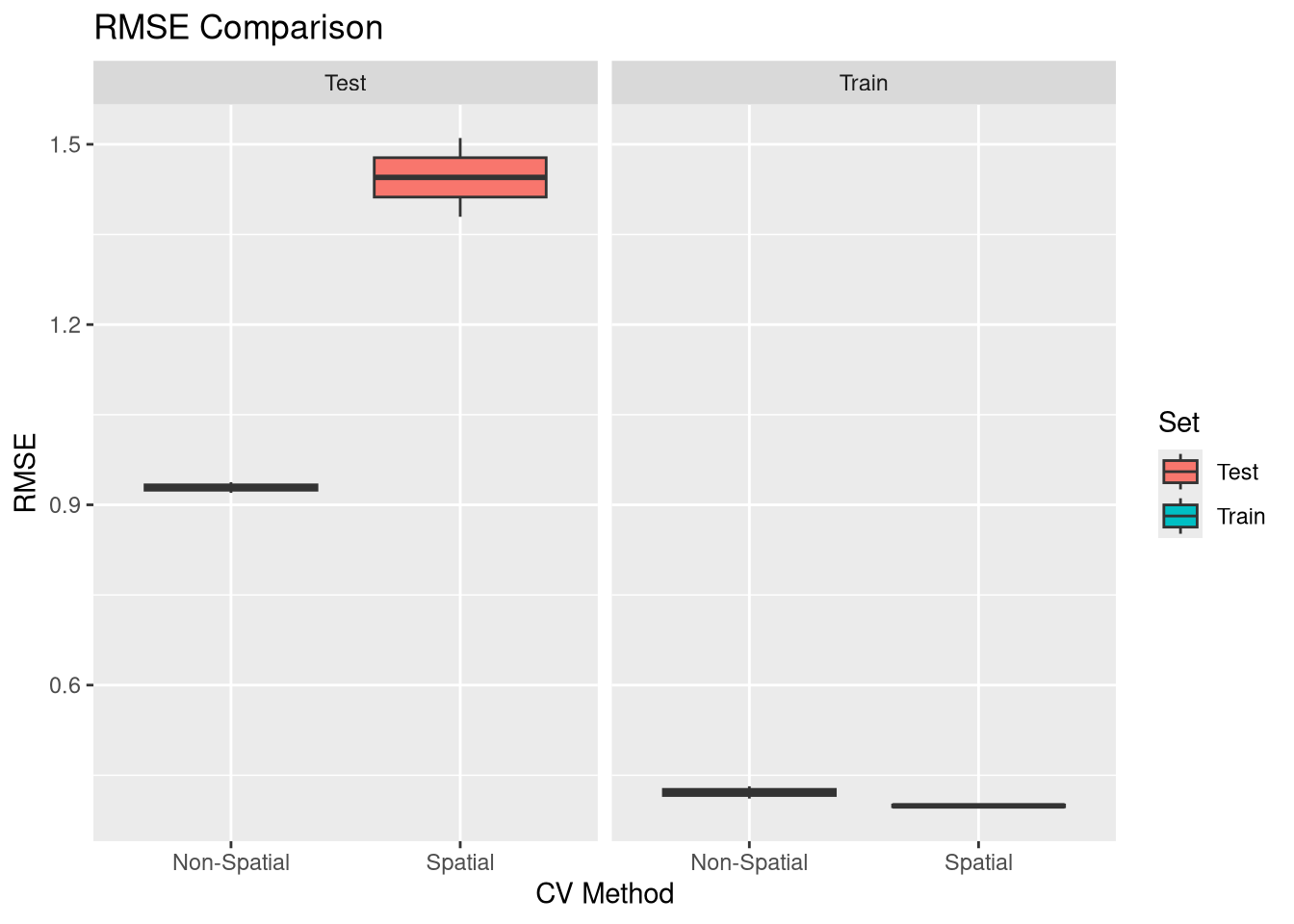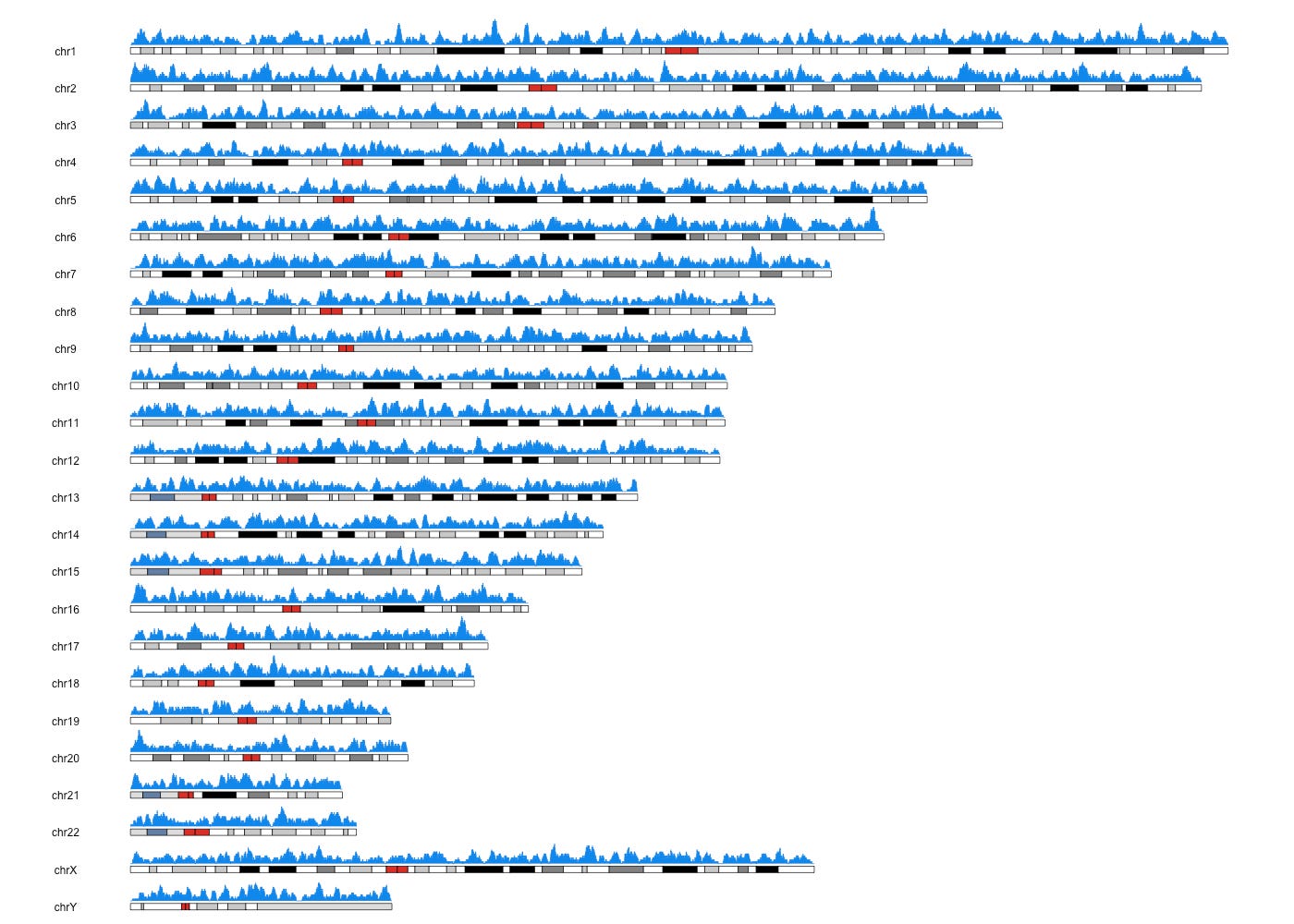
This is the sixth and the final blog post in a series on spatial machine learning with R. You can find the list of other blog posts in this series in part one.

This is the sixth and the final blog post in a series on spatial machine learning with R. You can find the list of other blog posts in this series in part one.
In public and political discourses, 2015 was constructed as the peak of a ‘refugee crisis.’ While a crisis is supposed to be temporary by definition, it seems that many references to migration have since been associated with the label ‘crisis.’ We argue that a ‘permanentification’ of a regime of crisis has been taking place over the last years.
The UK and Ireland Computing Education Research (UKICER) conference, takes place on Thursday 4th of September 2025 and Friday 5th of September 2025 in Edinburgh, UK. There are also two free co-located pre-conference events taking place at the same location on Wednesday 3rd of September 2025 at 1-5 pm. UKICER will include keynotes from Keith Quille from TU Dublin, Judy Robertson and Serdar
All of the posts here now have Digital Object Identifiers (DOIs) thanks to a tool called Rogue Scholar. [1] What this means is that details of our meetings are more: Findable — every blog post is searchable via rich metadata and full-text search. Citeable — every blog post is assigned a Digital Object Identifier (DOI), to make them citable and trackable.
This note accompanies a dataset that I uploaded to Zenodo (https://doi.org/10.5281/zenodo.15824274). My goal in creating this dataset is to link data created on the Barcode of Life Data Systems to the DOIs for those datasets, and then to link those data DOIs to DOIs for the papers (if any) that created those datasets, and/or cited them.
So far we have dived into the historical origins of the peer review concept and the earliest attempts at an external referee system used by the Royal Society. Even in this early exploration, we have encountered issues with peer review that persist today. The first part of this series concluded with the beginnings of peer review, but we still hadn’t arrived at peer review as we know it in the 21st century.
por Jeremías Silva El 17 de octubre de 1946 el General Juan Perón, electo presidente en febrero de ese año, visitó el principal establecimiento carcelario de Argentina: la Penitenciaria Nacional ubicada en la Capital Federal. Ese día se conmemoraba el primer aniversario de la masiva movilización de trabajadores que lo catapultó al poder.

Noel Swanson reviews The Non-fundamentality of Spacetime, by Kian Salimkhani

Ten days ago, I reported on a new deployment strategy for the InvenioRDM repository software. Using the Kamal deployment tool, I deployed both a staging instance of the Rogue Scholar service and a demo instance of the InvenioRDM Starter package. Over the last few days I have updated both instances to the latest release candidate (v13.0.0rc3) of the next major InvenioRDM software version. The upgrade was fairly painless.

karyoploteR is an R package that’s been in Bioconductor for nearly a decade. It lets you create linear chromosomal representations of any genome with genomic annotations and experimental data plotted along them. Bioconductor : https://bioconductor.org/packages/karyoploteR/ Tutorial : https://bernatgel.github.io/karyoploter_tutorial/ Paper : Bernat Gel & Eduard Serra. (2017).

Wir haben eine wichtige Änderung zu verkünden: Aus dem Open-Access-Büro Berlin wird das Open Research Office Berlin – Landeskoordinierungsstelle für offene Wissenschaft in Berlin . Die Umbenennung ist Teil eines größeren Prozesses, den wir in diesem Blogpost näher darstellen. Zur Landesinitiative Open Research in Berlin Bereits seit dem Jahr 2020 läuft die Landesinitiative für Open Research in Berlin.